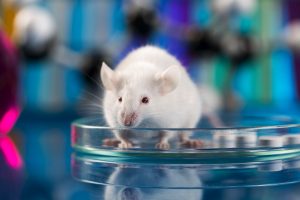By Abhishek Kumar Verma et al.
Source bioRxiv
Abstract
Post-Acute Sequelae of COVID-19 (PASC) encompasses persistent neurological symptoms, including olfactory and autonomic dysfunction. Here, we report chronic neurological dysfunction in mice infected with a virulent mouse-adapted SARS-CoV-2 that does not infect the brain. Long after recovery from nasal infection, we observed loss of tyrosine hydroxylase (TH) expression in olfactory bulb glomeruli and neurotransmitter levels in the substantia nigra (SN) persisted. Vulnerability of dopaminergic neurons in these brain areas was accompanied by increased levels of proinflammatory cytokines and neurobehavioral changes. RNAseq analysis unveiled persistent microglia activation, as found in human neurodegenerative diseases. Early treatment with antivirals (nirmatrelvir and molnupiravir) reduced virus titers and lung inflammation but failed to prevent neurological abnormalities, as observed in patients. Together these results show that chronic deficiencies in neuronal function in SARS-CoV-2-infected mice are not directly linked to ongoing olfactory epithelium dysfunction. Rather, they bear similarity with neurodegenerative disease, the vulnerability of which is exacerbated by chronic inflammation.
Read more click here

